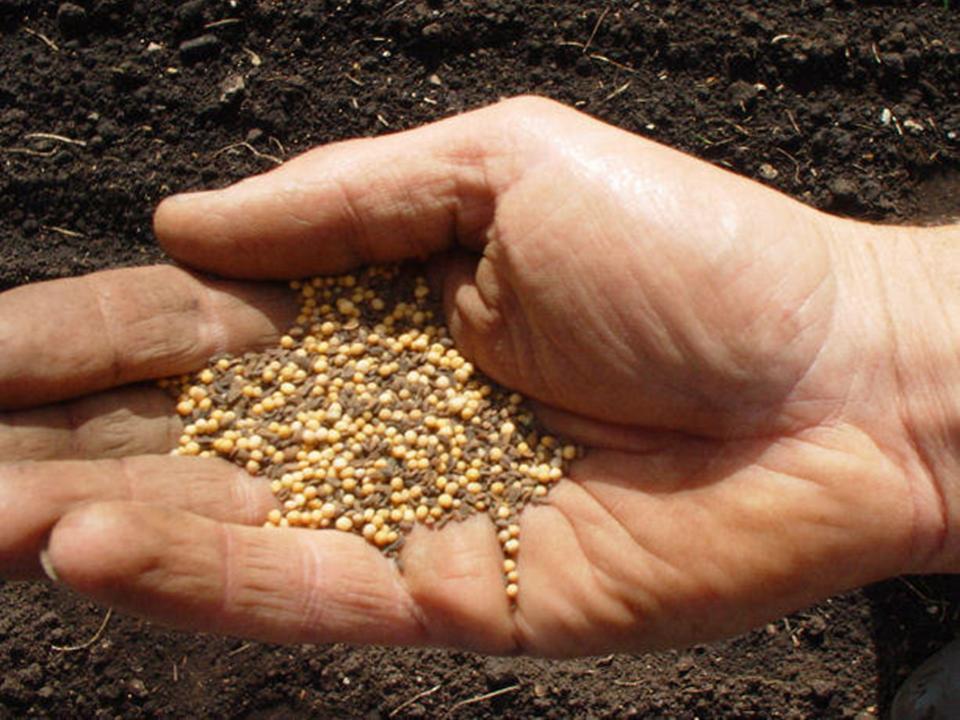We tend to think of Kingdom in impersonal terms as a realm, a domain to be ruled over, and a geographic area of influence. The larger the borders, the bigger the economy, the more powerful the Kingdom seems. But Kingdom as expressed in the Bible is more about God’s inherent power, his presence and his spiritual authority, his right to rule, and his righteous character which has moral force. God power is so great it has intrinsic, unstoppable force even in the most difficult, remote and way out situations. When Jesus came to earth, the Kingdom of God was there because he demonstrated the inherent, unshakeable, inside out authority of the Kingdom. He did not need to claim a kingdom by force, all the earth is his. But he came to demonstrate that Gods’ power is built within the very DNA of the universe. He showed the power and character of the Kingdom by coming in apparent weakness to a small remote outpost of the Roman empire, to an impoverished village called Nazareth, and then changing the world forever.
One of the most powerful cinematic illustrations of the inside out power of the Kingdom is in the 1959 classic blockbuster movie Ben Hur. The movie tells the story of Judah Ben Hur, a Jewish nobleman who has been unjustly accused of attempting to assassinate the Roman governor. He is condemned to serve as a slave on the Roman galleys. With bitterness and vengeance in his heart he is forced to march to the coast to die in galleys in the service of the Roman oppressors. But then he comes to Nazareth. Chained together with a long line of prisoners, he stumbles into this small Galilean village. Then overcome with thirst, he falls to the ground. A man in a rough-hewn cloak kneels to give Ben Hur water from a drinking gourd. The Roman centurion leading the soldiers who guard the prisoners shouts at the man not to give Ben Hur water. Slowly this man rises to his feet and gazes intently into the eyes of the Centurion. The Centurion falters and steps back, he cannot bring himself to hold the man’s gaze. This tough and battle-hardened solder turns away and allows Ben Hur to finish drinking. The centurion then leads the prisoners out of the village of Nazareth while Ben Hur gazes back in amazement at this man who had such internal presence and power. Nazareth was an impoverished community and a brutalized people under the iron grip of Rome. But through love, service and presence Jesus shows an intrinsic authority that is far greater than any earthly power.
What is the inbuilt, inside out, intrinsic power of God’s Kingdom? It’s not weapons but worship. It is not a sword but service. It is not might but mercy. It’s not legalism but love. It’s not remote control but personal presence. It’s not political power but spiritual authority. Vaclav Havel former Czech President spoke of “The power of the powerless”. He was claiming that there is more power in moral character than in violence and force. That is the spiritual authority of God’s kingdom. Jesus compared it to the power of a mustard seed.
“And He said, to what shall we compare the kingdom of God? Or by what parable shall we compare it? It is like a grain of mustard seed, which, when it is sown in the earth, is less than all the seeds that are in the earth. But when it has been sown, it grows up and becomes greater than all herbs, and shoots out great branches, so as to enable the birds of the air to roost under its shade.” (Mark 4:30-32 ).
When even the smallest grain of God’s unshakeable kingdom is sowed into the most terrible of circumstances it has unstoppable force.
I wonder where Jesus would have come if he had been born on earth today. I wonder where the power of God’s kingdom could demonstrate its unstoppable force in our generation. I think the closest modern day parallels to the political, social and economic conditions of Israel in Jesus time would be either Iraq or Afghanistan, or possibly parts of India or Africa. If Jesus were born in the 21st century I don’t think he would have been born in Melbourne, he would have been born in the war torn towns of Iraq, or the impoverished slums of India, or the draught stricken villages of Africa. I believe Jesus would have demonstrated in our time that it is possible to change the world with an unstoppable, intrinsic, inside out power of presence-even in the most difficult of circumstances.
I find that challenging and inspiring. It is challenging because I claim to be a follower of Christ. In a sense I now represent him on earth. I am his ambassador. I am sent just as Jesus was sent. But if that is the case, what does it mean for me today? What should my role be as an ambassador of God’s Kingdom in the 21st century. Is it possible for me to make a difference and bring positive change into a wounded world? I also find it inspiring because Jesus example shows us life can come from death and there is a power greater than any political governmental system. And Jesus promise that he would be with us, suggests that I don’t have to rely on my own strength to make that happen, I just need to align my life with what God is already doing in the world. After all, it is his Kingdom. We will explore our role in God’s kingdom mission next week.
– Andrew

